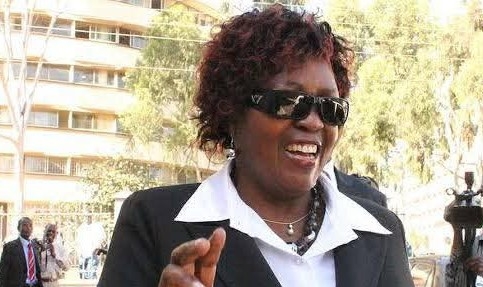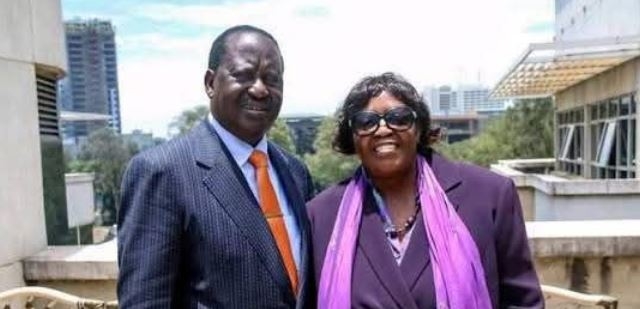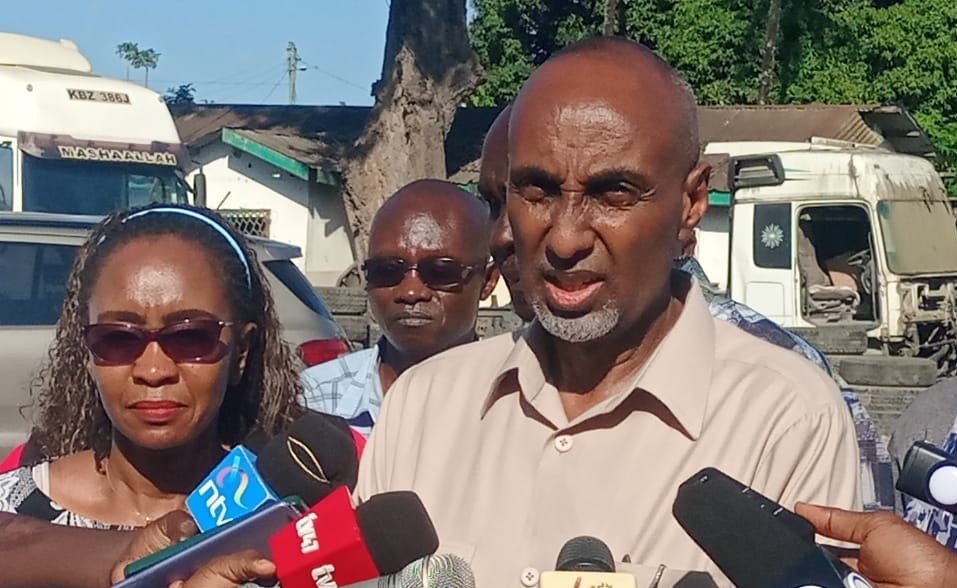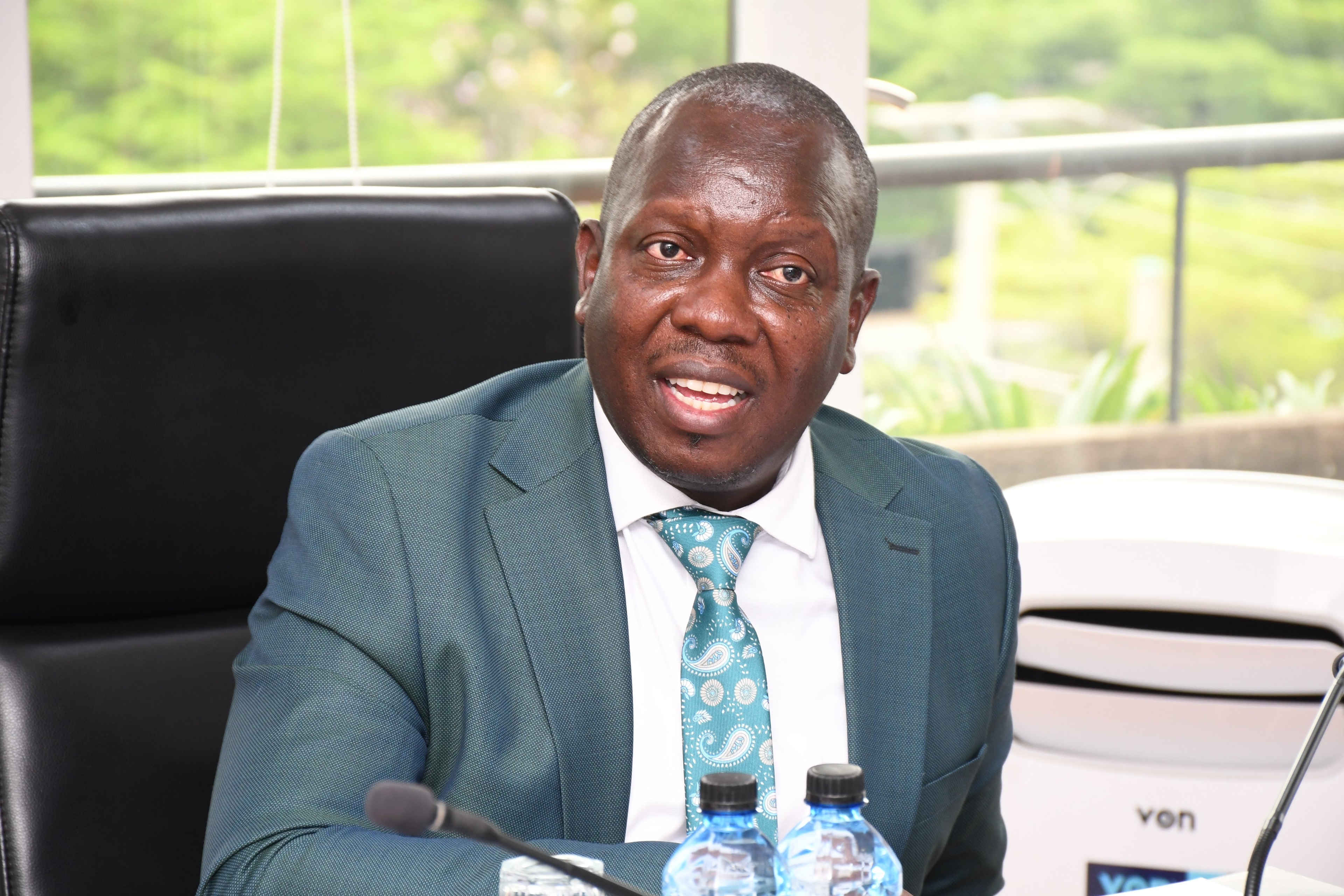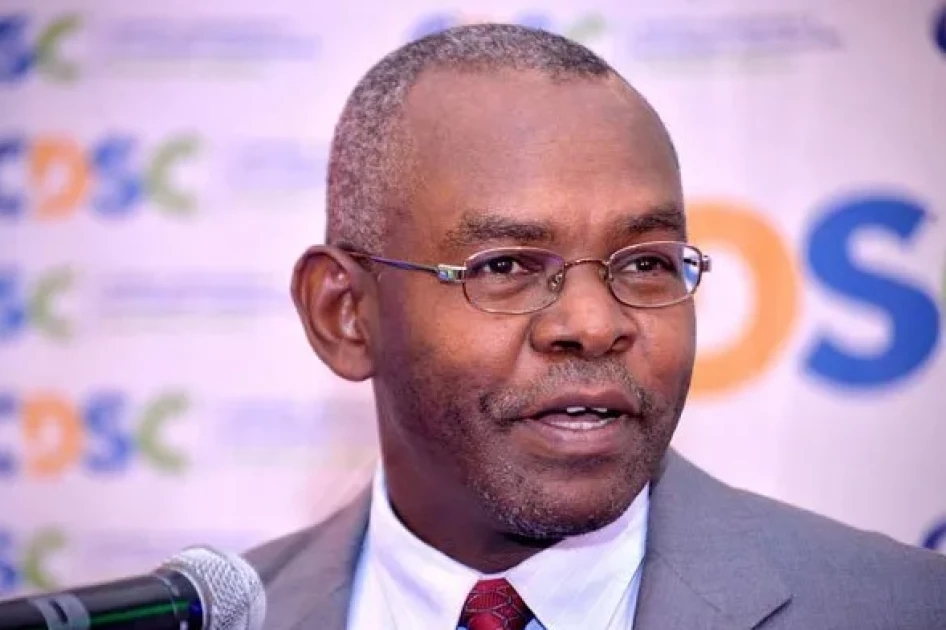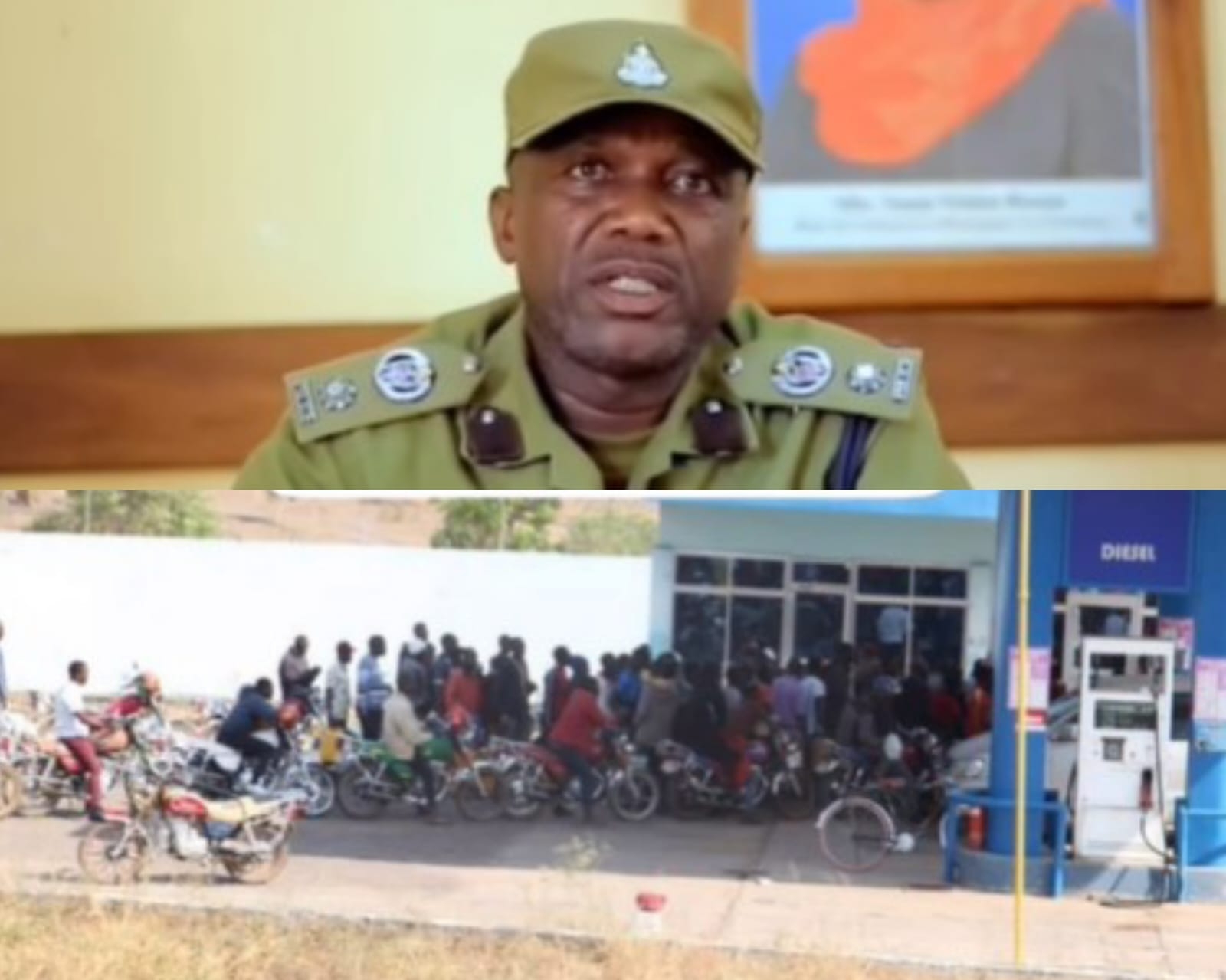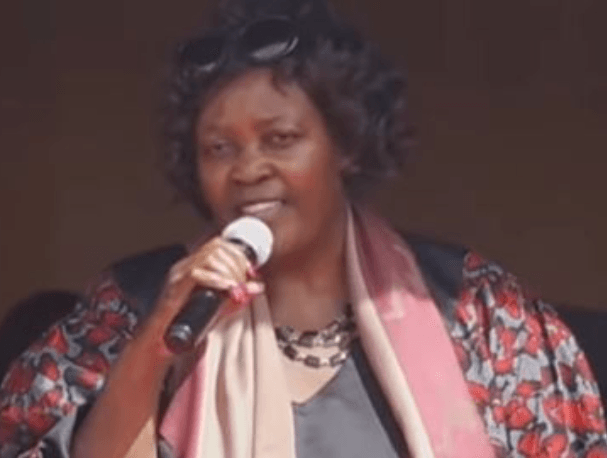Kibwezi West Constituency MP Mwengi Mutuse has urged politicians to debate the revenue-sharing formula soberly stating that all parts of the country are interdependent.
The Maendeleo Chap Chap legislator said growth or stagnation in one part of the country affects the other parts, hence the country prospers as one.
Mutuse noted that proponents of the one man, one vote, one shilling revenue-sharing formula are the “loudest and appear to be cajoling all major political players to support this model.”
He said the ultimate resource allocation formula must promote equitable development and shared prosperity for all Kenyans.
The MP said leaders must avoid the mistakes of the country’s founding fathers where development planning and resource allocation were based on productive sectors and crafted by a few to the exclusion of many.
“Each part of Kenya has a productive sector capable of contributing to the economy upon exploitation,” he said.
Proponents of the one man, one vote, one shilling revenue-sharing formula include Deputy President Rigathi Gachagua and Azimio leader Raila Odinga.
The two have insisted that the formula does not imply that areas with low populations should be denied funds.
“We are just asking for equity. All children should be equal. Those in Samburu should be equal to those in Kajiado,” Gachagua told a meeting in Samburu on Friday.
In a statement, Mutuse said population alone can’t be the only factor but can be given a higher weight in the simulation.
“Poverty/development levels, geography, strategic opening up of new economic corridors, historical marginalisation among other factors must also be considered so as not to entrench inequalities through laws and policies,” he explained.
Under the current revenue sharing formula, population covers 45 per cent, basic equal share (25 per cent), poverty (20 per cent), land area (8 per cent) and fiscal responsibility (2 per cent) which Mt Kenya politicians insist leaves the heavily-populated counties with little cash for development.
Mutuse said data from the State Department of Energy shows many sparsely populated constituencies have under 30 per cent connection to the national grid.
Why then would a sober development plan advocate for more resources to a constituency which already has 100 per cent electricity connection and not the one with under 30 per cent?” he wondered.
“What would the allocation be doing when already the ultimate has been achieved? The best approach therefore is a moderated one that puts into consideration these current realities.”




